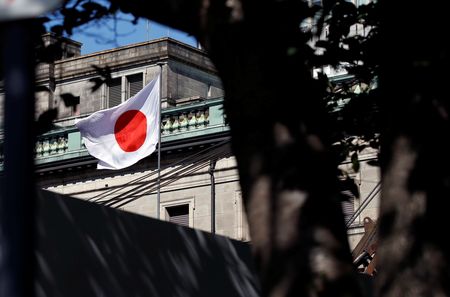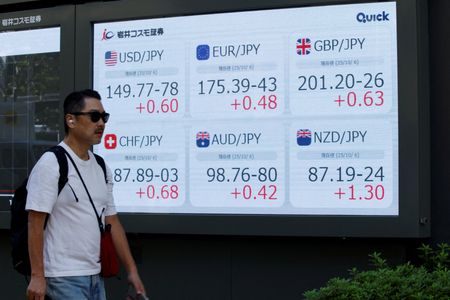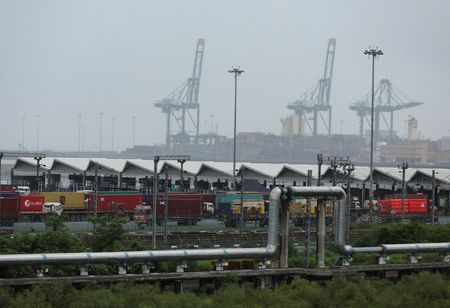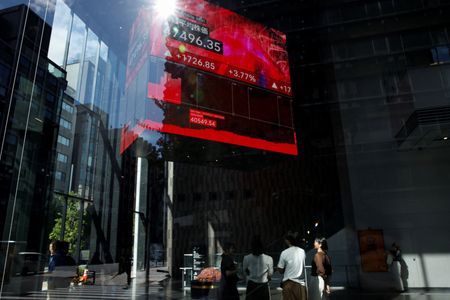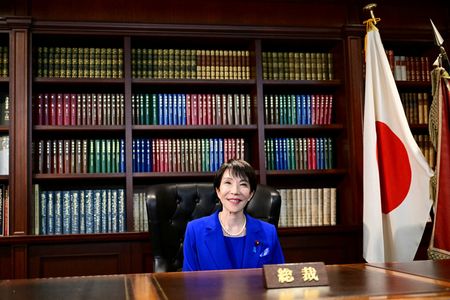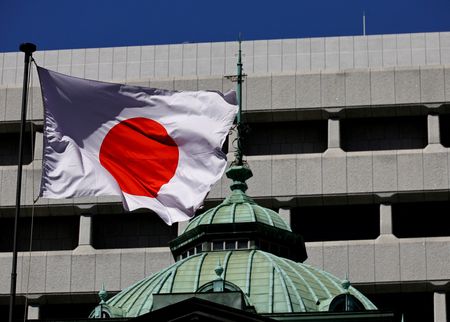By Leika Kihara
TOKYO (Reuters) -Japan’s wage outlook will be key to how soon the central bank resumes interest rate hikes, its former top economist Seisaku Kameda told Reuters on Monday, predicting the next increase to come either in December or January.
Even without the victory of fiscal and monetary dove Sanae Takaichi in Saturday’s ruling party race, the Bank of Japan probably would have stood pat in October due to a lack of data on the extent of economic damage from U.S. tariffs, he said.
“The BOJ will want to wait until it’s sure the tariffs won’t severely hurt companies’ wage-hike appetite next year,” Kameda said. “Enough information on next year’s wage outlook won’t come until December at the earliest,” he said in an interview.
Data so far, including the BOJ’s “tankan” business survey, suggest that while U.S. tariffs are weighing on exports and corporate profits, they have not discouraged firms from increasing capital expenditure, Kameda said.
“There seems to be a growing sense that even if tariffs hurt exports, the impact on corporate activity would be fairly limited,” said Kameda, who was involved in drafting the BOJ’s forecasts from 2020 to 2022 and has deep knowledge on how the BOJ analyses economic data.
While stubbornly high food prices have led some hawkish BOJ board members to call for an early rate hike, Kameda said the central bank was likely to focus more on whether risks to the economic outlook have cleared, in deciding when to raise rates.
“In the end, the most decisive factor for the BOJ in making monetary policy decisions is the wage outlook.”
The BOJ’s next policy meeting is from October 29 to October 30, when it will also release fresh quarterly growth and price projections.
Japanese shares surged and the yen fell on Monday after Takaichi’s victory, which sets the course for her to become Japan’s first female prime minister, on receding market expectations of a near-term rate hike by the BOJ.
Kameda is now executive economist at Japan’s Sompo Institute Plus.
(Reporting by Leika Kihara; Editing by Kate Mayberry)

